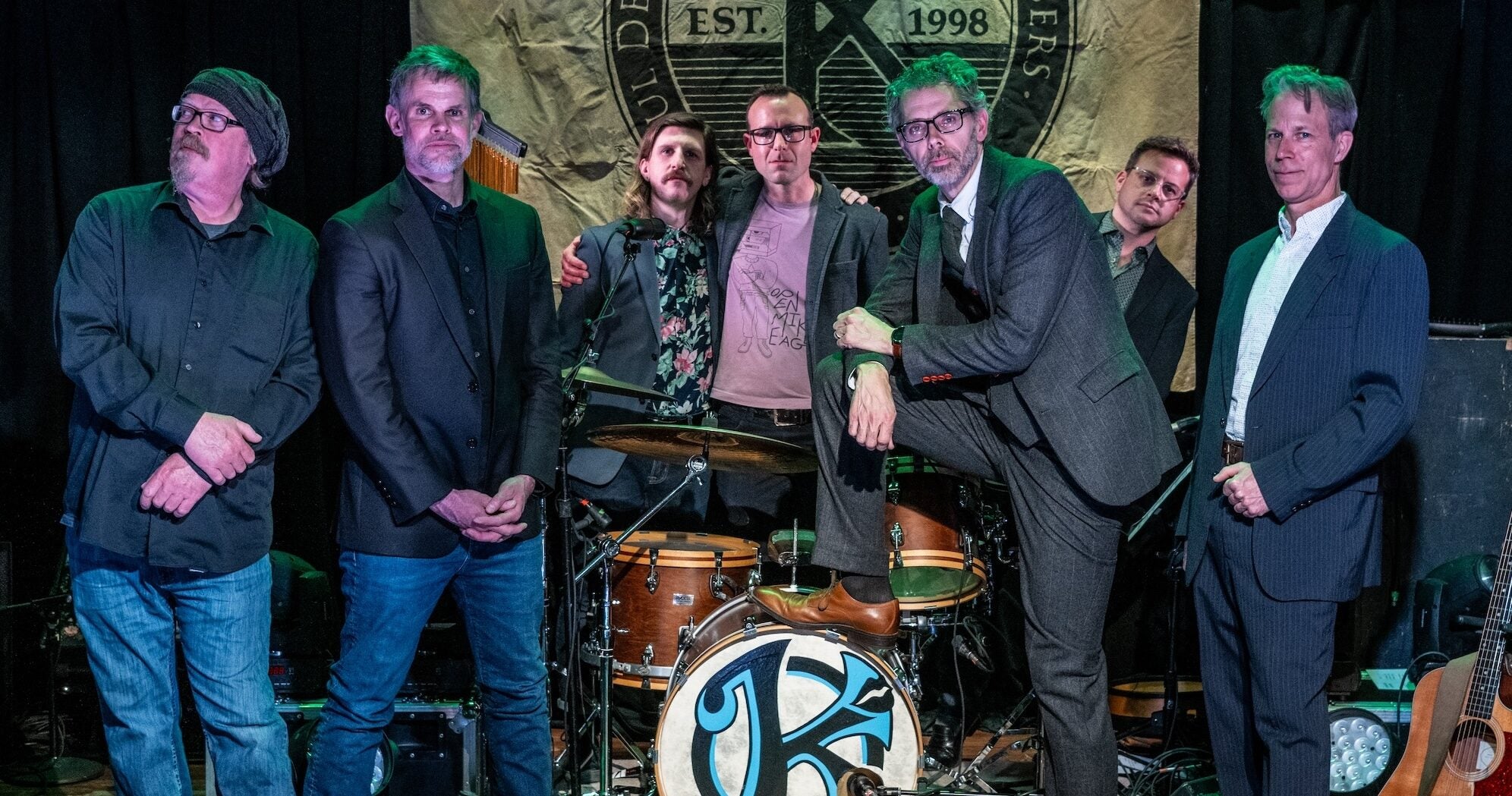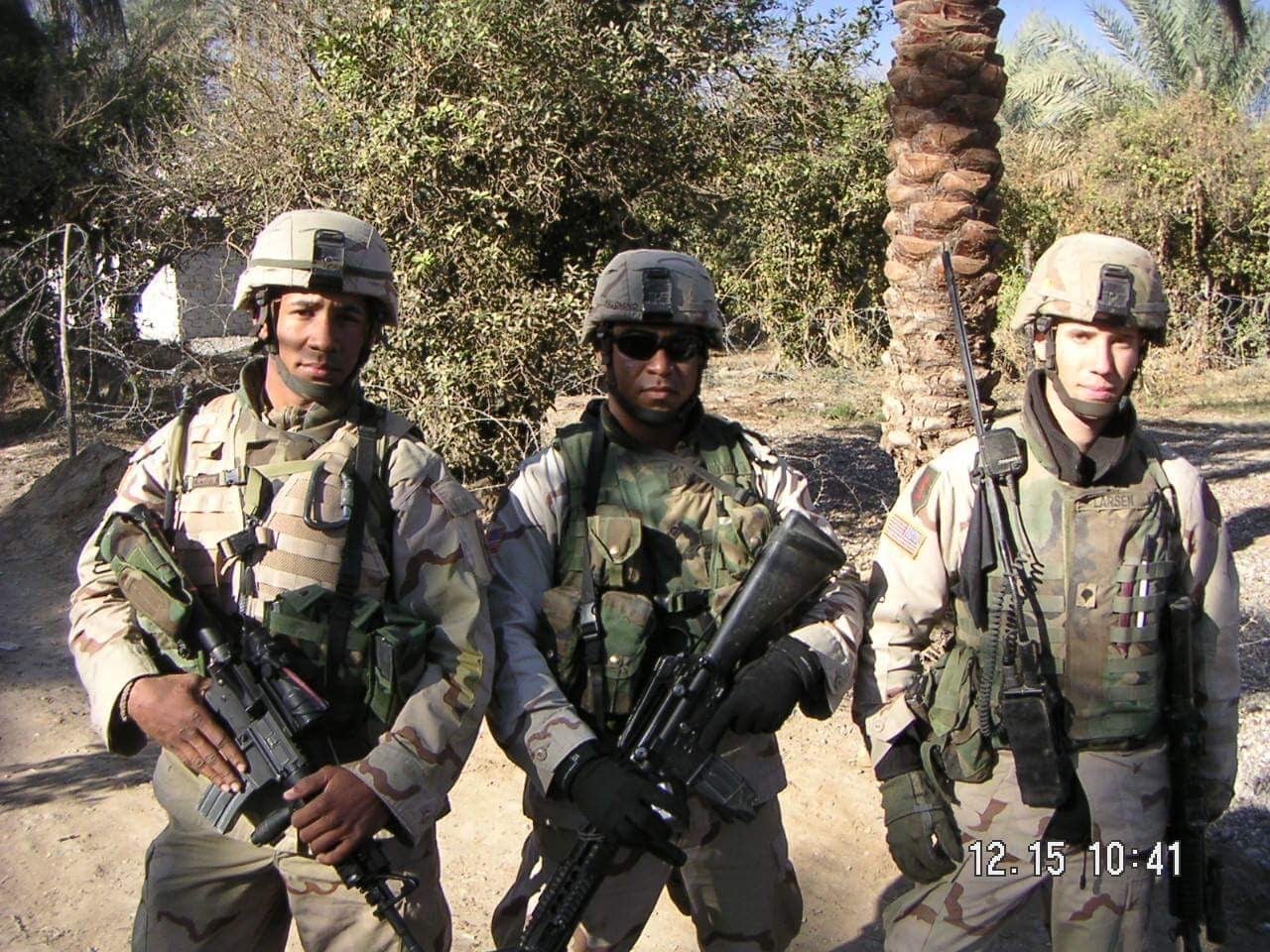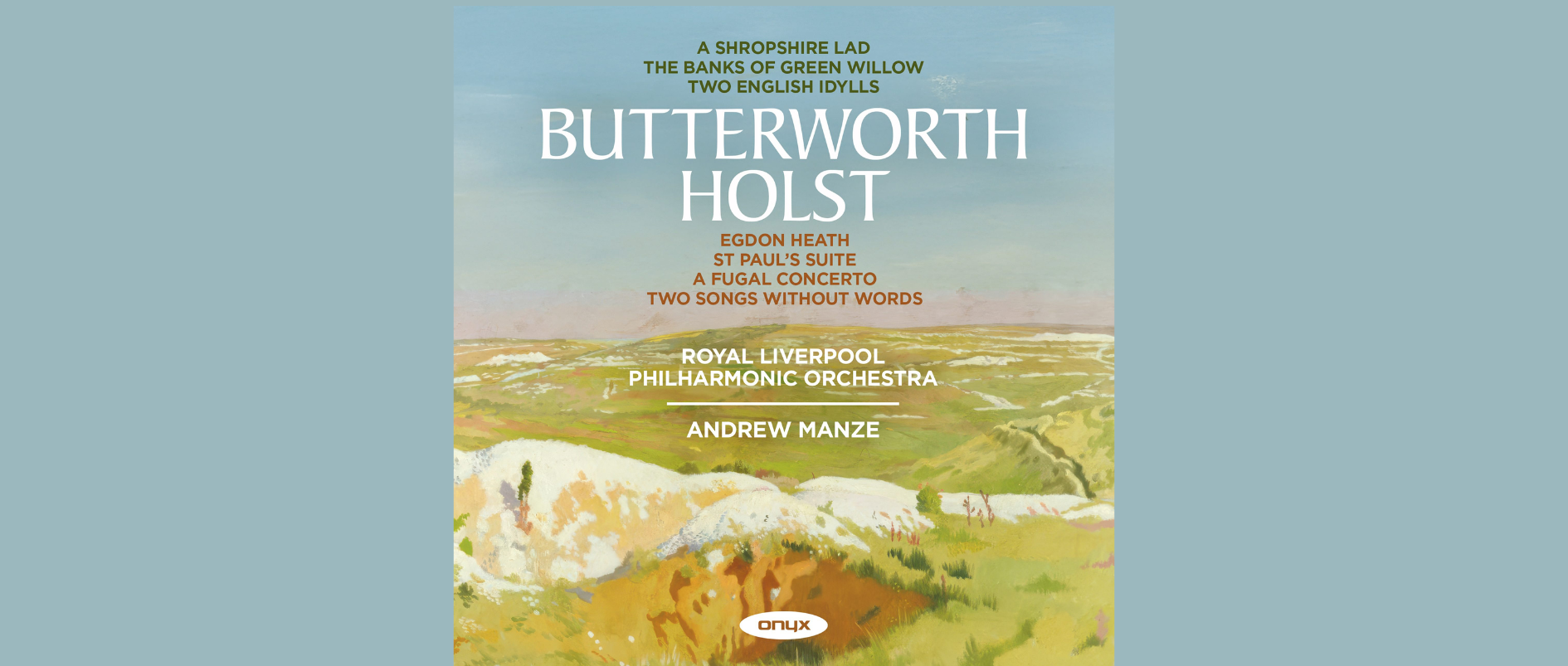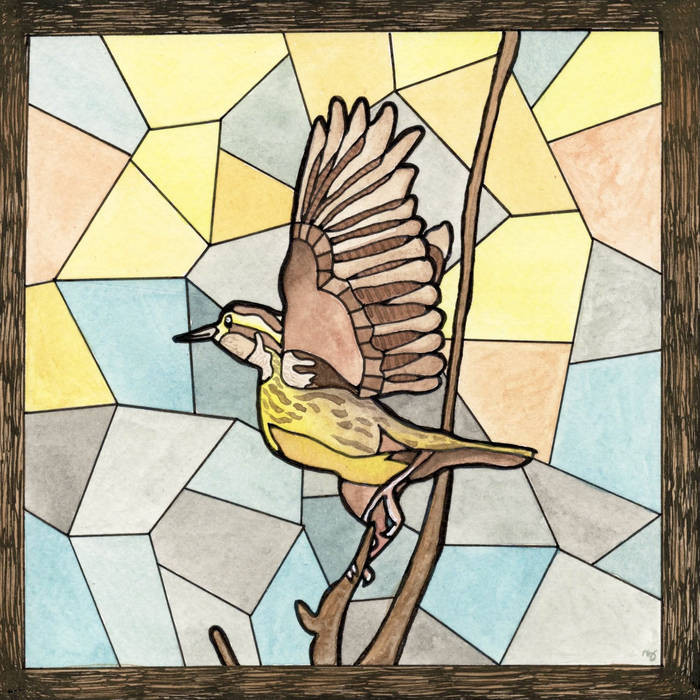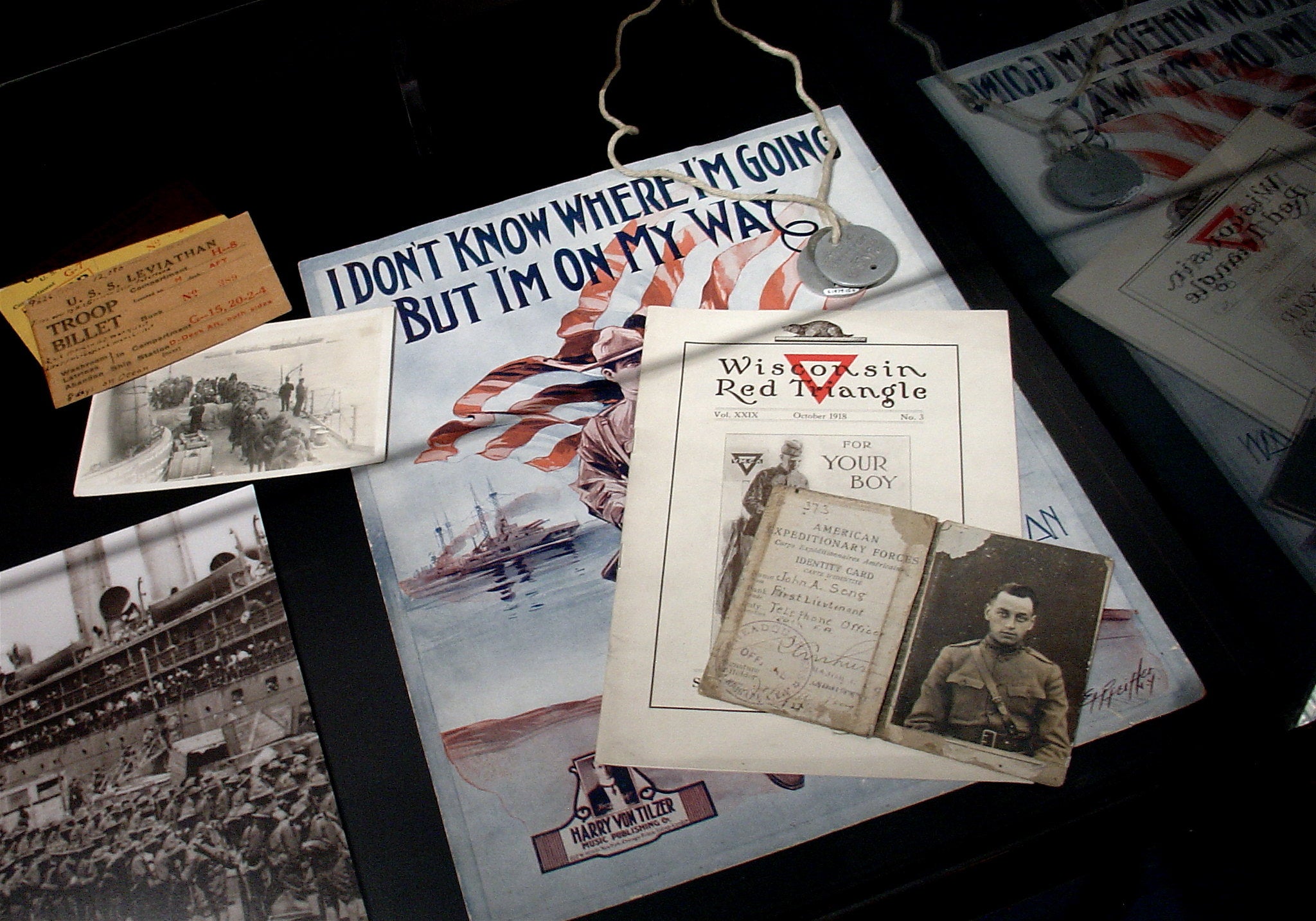A Wisconsin rock band is shining a light on the stories of those from the state who served in World War I.
Madison-based group The Kissers are releasing a new album on Veterans Day inspired by real Wisconsinites who served more than a century ago.
Ken Fitzsimmons, one of the founders of The Kissers, said “The Foe and the Fallen: Songs from The Greatest War” features songs based on diaries and other historical records from the first world war.
News with a little more humanity
WPR’s “Wisconsin Today” newsletter keeps you connected to the state you love without feeling overwhelmed. No paywall. No agenda. No corporate filter.
He joined WPR’s “Wisconsin Today” to play a song from the album and share the stories of the Wisconsin veterans the music is based on.
The following was edited for clarity and brevity.
Rob Ferrett: What is it that drew you to World War I as a source of inspiration for an album?
Ken Fitzsimmons: It’s a tumultuous time, to say the least, not only because there’s a war, but because there’s also some of the harshest laws about free speech at the time. There’s extreme xenophobia going on. It’s mostly anti-German during the war. So there’s a lot of inner conflict, as well as the outer conflict of the war, and not to mention, there’s a pandemic.
RF: How did you start to dig into the stories of individual experiences of Wisconsinites in the war?
KF: I wanted to tell the individual stories because that, to me, is the most compelling history. I didn’t want to tell the stories of just the leaders or the generals. I wanted to dig in specifically to Wisconsinites.
So I traveled to a couple of great resources here in Wisconsin: the Wisconsin State Historical Society and Museum and the Wisconsin Veterans Museum. At the veterans museum, they had an exhibit at the time called Beyond the Trenches, and I learned about many Wisconsinites. They gave me lots of notes, and so I was able to dig into their stories.
RF: One of your songs, “Dear Mother,” is based on the first-hand accounts of three different Wisconsinites who served. What is the story there?
KF: The first thing I did was read a bunch of letters home from soldiers overseas. They call them “the boys” and “letters from the boys.” They’re very young — 18, 19 — and the letters are usually addressed: “Dear Mother.” Then the next line is something like, “Hello from somewhere in France. Thanks for the mail or the chocolate you sent.”
And then there’s this kind of awkward exchange where they try to console their mother, saying, like, “You should be proud, but I might not make it, but that’ll be OK.” So through the veterans museum, and through some of our own research, I found three particular stories of Wisconsinites from different areas — Milwaukee, Shawano and Stevens Point. They each have their own tale that was compelling enough for a song.
RF: You also took inspiration from an Army Corps nurse from Madison in a song called “Happiest Mortal.” What did you learn from her?
KF: Helen Bulovsky, I learned from the veterans museum and from a book by her nieces, Janice Collins and Brooke Cameron, that’s a publication of all of her diaries and letters home. She kept a pretty detailed account of her whole trip.
She grows up on Few Street on the east side of Madison. She graduates high school in 1914 and becomes a nurse at Madison General Hospital in 1917, just when war has been declared. She is moved by the parades and the call for nurses and signs up. She’s driven, and she’s compassionate, and she’s funny and she’s tiny. She’s about 5 feet tall, just barely 100 pounds. And the day that she ships off, she calls herself the happiest mortal in town.
RF: What is it about the medium of music that helps make the connection to the past?
KF: Someone can tell us about history. We can watch a documentary. We can hear about it. And it’s all important, but music will speak directly to your heart, directly to your soul.
The point of all of this for me is reaching across time and bringing the past forward. To really feel that connection, you have to connect with the people in a way that perhaps I can’t say, but the music can.
Wisconsin Public Radio, © Copyright 2025, Board of Regents of the University of Wisconsin System and Wisconsin Educational Communications Board.

